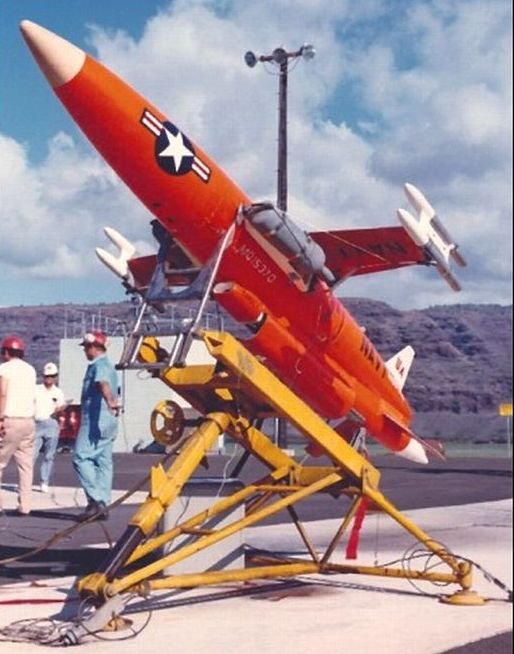|
|
Unmanned Aerial Vehicle (UAV)
|
Questions have been raised about the accuracy of the targeting of UAVs. In March 2009, The Guardian reported allegations that Israeli UAVs armed with missiles killed 48 Palestinian civilians in the Gaza Strip, including two small children in a field and a group of women and girls in an otherwise empty street. In June, Human Rights Watch investigated six UAV attacks which was reported to have resulted in civilian casualties, and alleged that Israeli forces either failed to take all feasible precautions to verify that the targets were combatants, or failed to distinguish between combatants and civilians. In July 2009, Brookings Institution released a report stating that in the United States-led drone attacks in Pakistan, ten civilians died for every militant killed. S. Azmat Hassan, a former ambassador of Pakistan, said in July 2009 that American UAV attacks were turning Pakistani opinion against the United States, and that 35 or 40 such attacks only killed 8 or 9 top al-Qaeda operatives.
CIA officials became concerned in 2008 that targets in Pakistan were being tipped off to pending U.S. drone strikes by Pakistani intelligence, when the U.S. requested Pakistani permission prior to launching targeted killing attacks. The Bush administration therefore decided in August 2008 to abandon the practice of obtaining Pakistani government permission before launching missiles from drones, and in the next six months the CIA carried out at least 38 Predator targeted killing strikes in northwest Pakistan, compared with 10 in 2006 and 2007 combined.
The Predator strikes killed at least nine senior al-Qaeda leaders, and dozens of lower-ranking operatives, depleting its operational tier in what U.S. officials described as the most serious disruption of al-Qaeda since 2001. It was reported that the Predator strikes took such a toll on al-Qaeda that militants began turning violently on one another out of confusion and distrust. A senior U.S. counter-terrorism official said: "They have started hunting down people who they think are responsible" for security breaches. "People are showing up dead, or disappearing."
By October 2009, the CIA said they had killed more than half of the 20 most wanted al-Qaeda terrorist suspects in targeted killings. By May 2010, counter-terrorism officials said that drone strikes in the Pakistani tribal areas had killed more than 500 militants since 2008, and no more than 30 (5%) nearby civilians—mainly family members who lived and traveled with the targets. Drones linger overhead after a strike, in some cases for hours, to enable the CIA to count the bodies and determine who is a civilian. A Pakistani intelligence officer gave a higher estimate of civilian casualties, saying 20% of total deaths were civilians or non-combatants.
|
|









